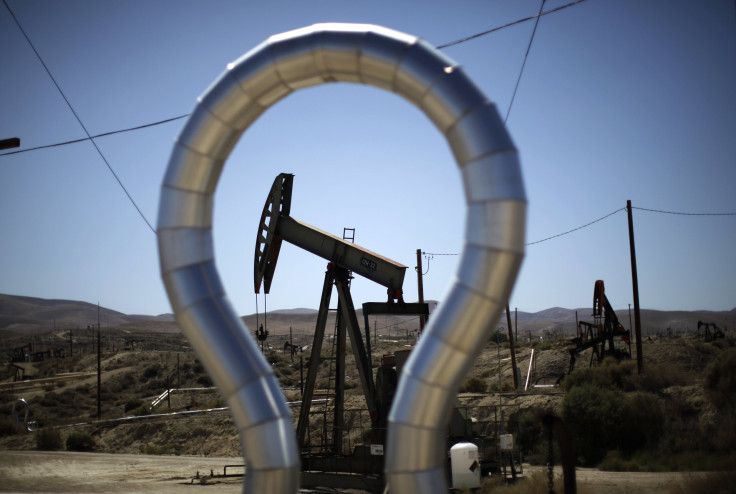Fracking, or Hydraulic Fracturing, Has Led Sasol, A South African Energy And Chemical Giant,To Pick Louisiana For Its Gas-To-Liquid Plant

South Africa-based energy and chemical giant Sasol Limited (NYSE:SSL) plans to spend as much as $14 billion to build the first commercial plant in the U.S. that will turn natural gas produced from shale rock into low-emission diesel and other transportation fuels.
Sasol eyed the U.S. and specifically Louisiana as the site for its gas-to-liquid (GTL) facility because of the low costs of producing shale gas, thanks in part to hydraulic fracturing, or fracking, which has created an oil and gas boom in the U.S., an Abu-Dhabi based news agency, The National, reported Sunday.
Fracking is a drilling technique that blasts millions of gallons of water and chemicals into petroleum-bearing strata to extract natural gas or oil from fractured rocks. The drilling technique has been heavily criticized, and some environmentalists contend fracking contaminates groundwater and may even cause earthquakes.
"We believe Sasol's proprietary GTL technology can help unlock the potential of Louisiana's clean and abundant natural gas resources and contribute to an affordable, reliable and high- quality fuel supply for the United States," Ernst Oberholster, the managing director of new business development for Sasol, said.
In addition to the GTL facility, the project also includes a $5 billion-to-$7 billion ethane cracker-and-derivatives plant that will convert ethane, which is a type of natural gas, to ethylene and other petrochemicals.
This project is one of the biggest investments in North America from a non-U.S. company. The plant will be located in Calcasieu Parish, La., near shale gas fields.
Sasol said that it planned to produce 96,000 barrels of fuel per day when fully operational and will be the second-largest GTL plant in the world.
Production for the plant is set to begin in 2018, and the energy company estimates that it will create at least 1,200 permanent jobs and 7,000 more jobs in construction. Louisiana provided more than $2 billion in tax credits.
Bobby Jindal, governor of Louisiana, said that the project is a step forward in helping the U.S. become more energy independent and less reliant on foreign sources of energy.
"Never before in our nation's history has there been a greater call for energy independence, but that independence will only result from a meaningful application of innovative and practical solutions for new sources of energy," Jindal said.
Previously, GTL processes were commercially unviable because of high production costs and the emergence of cheaper products made from crude oil.
© Copyright IBTimes 2024. All rights reserved.






















